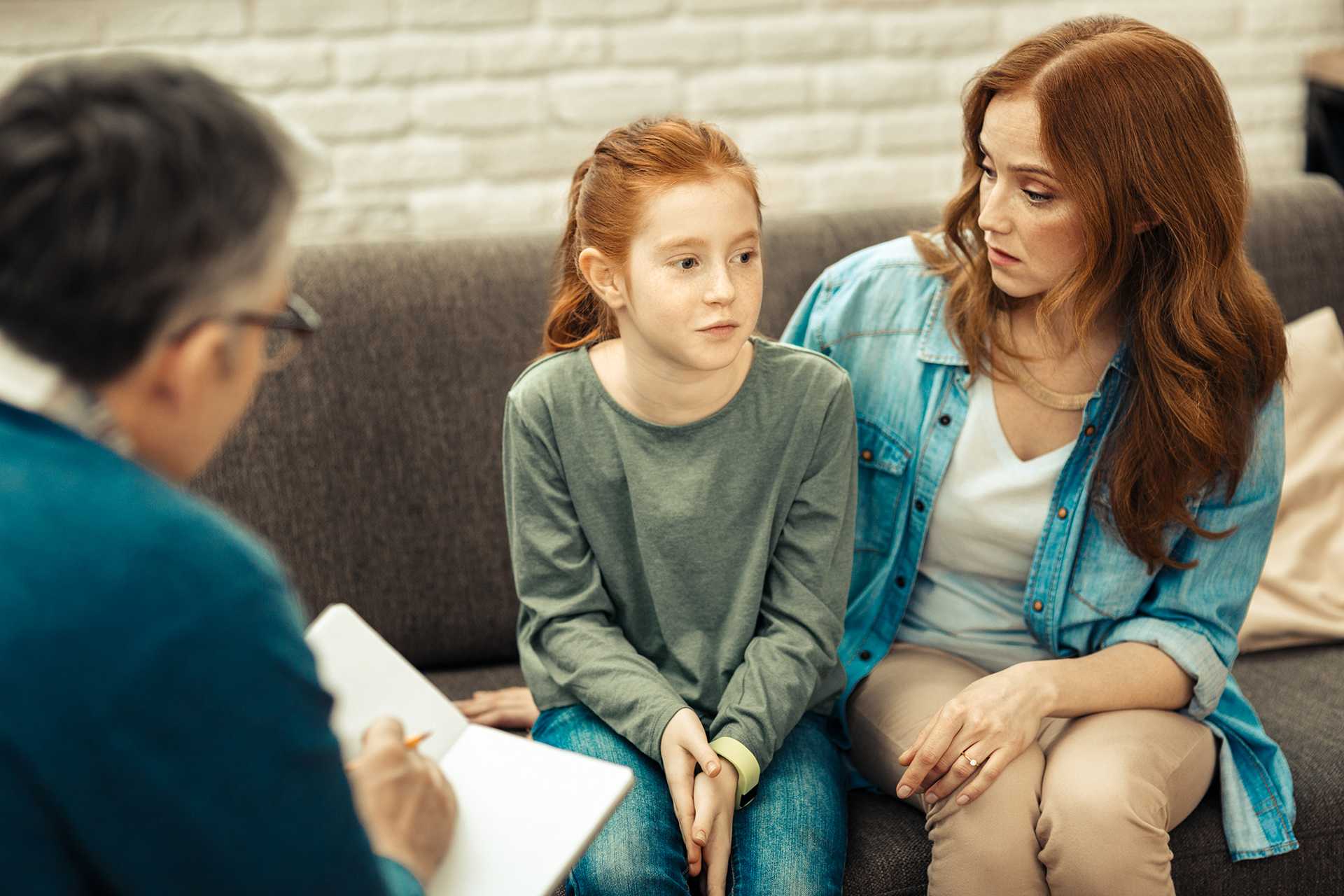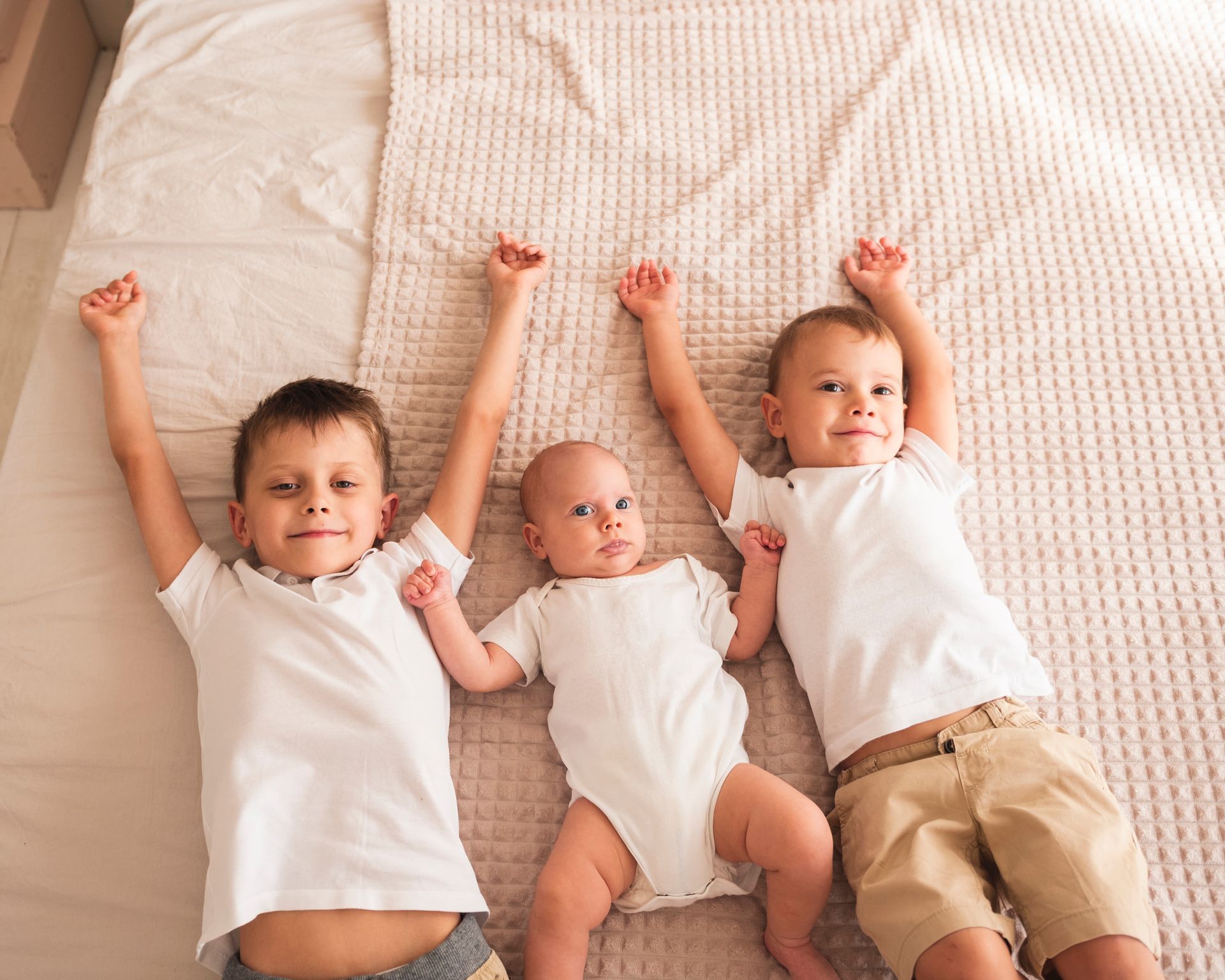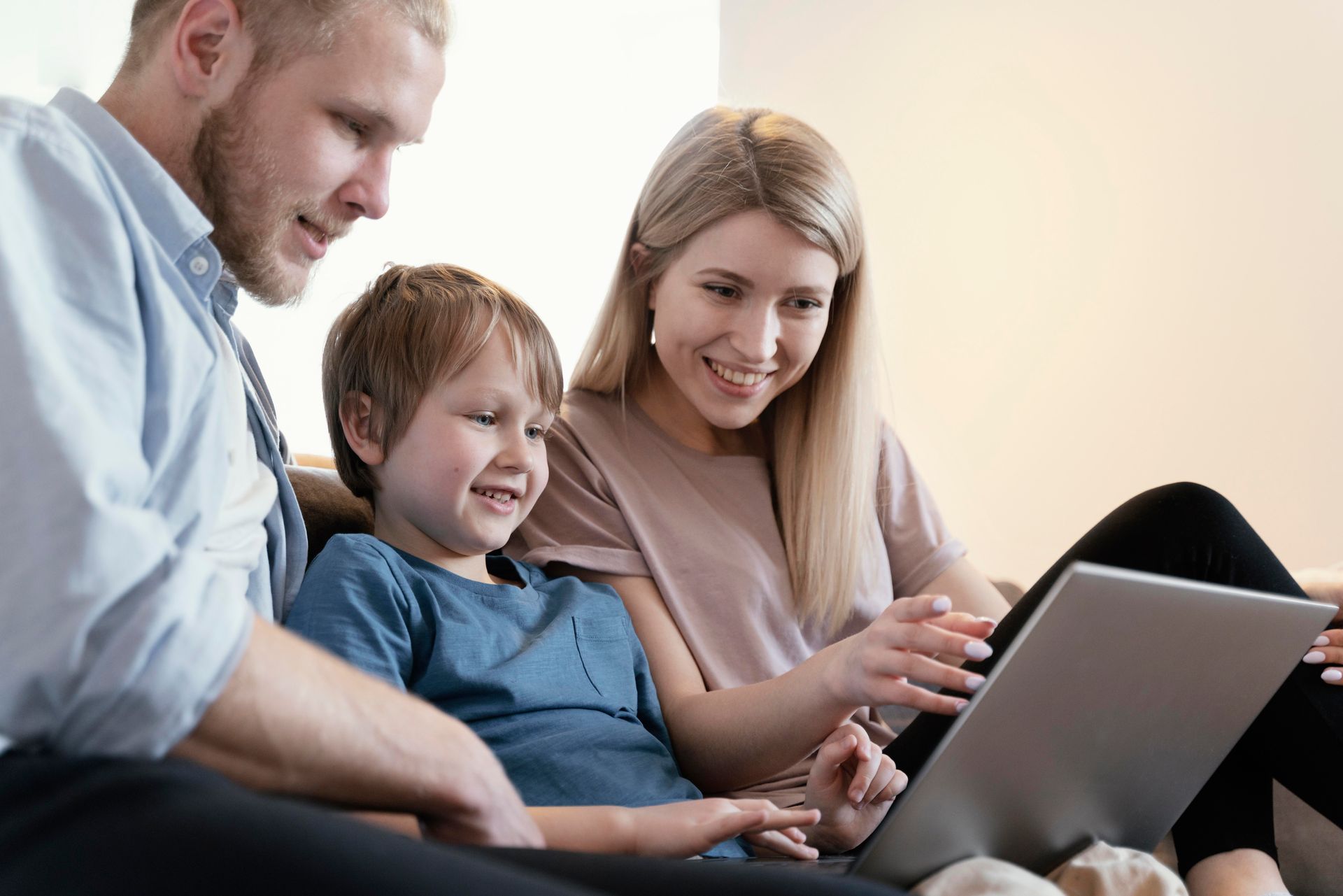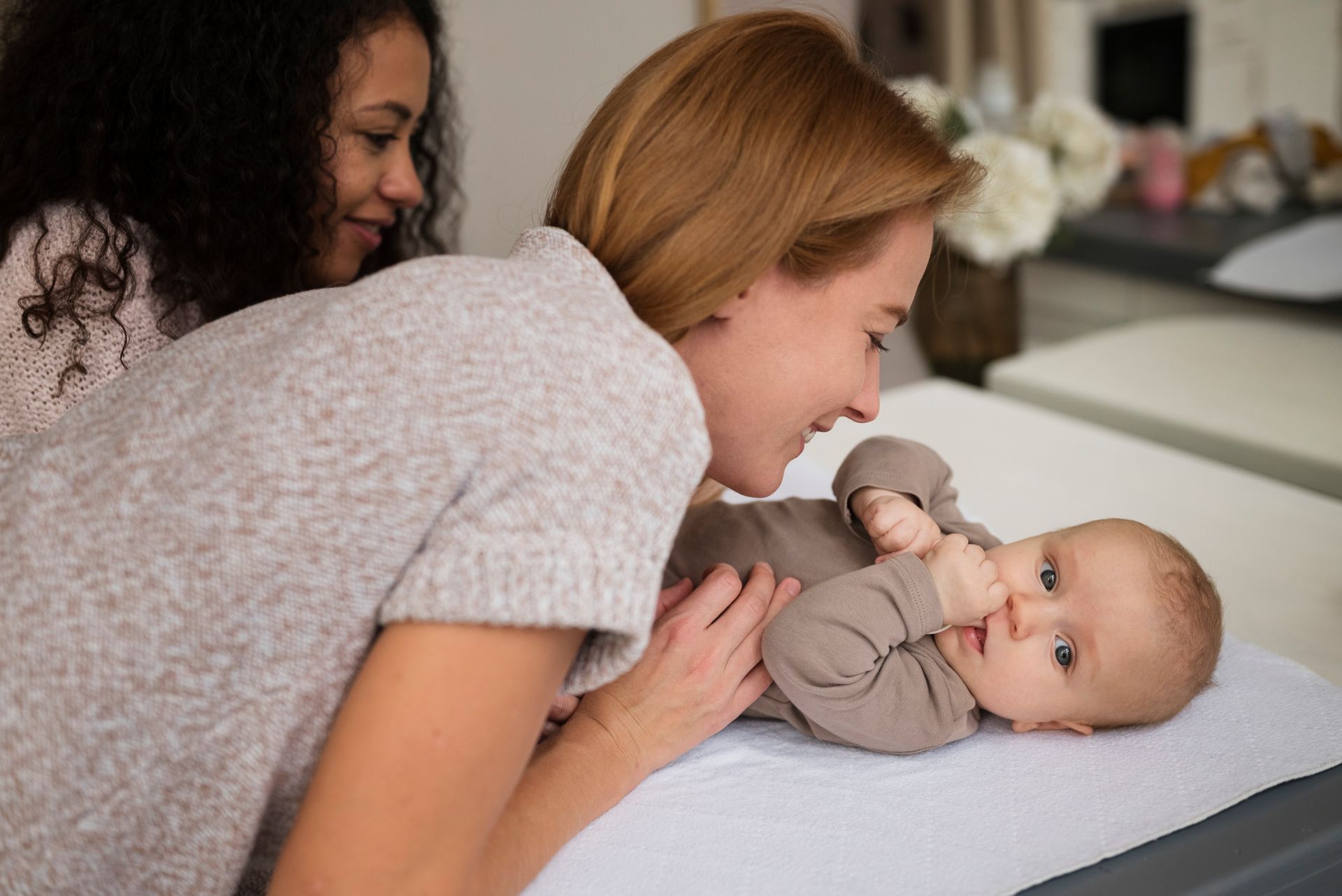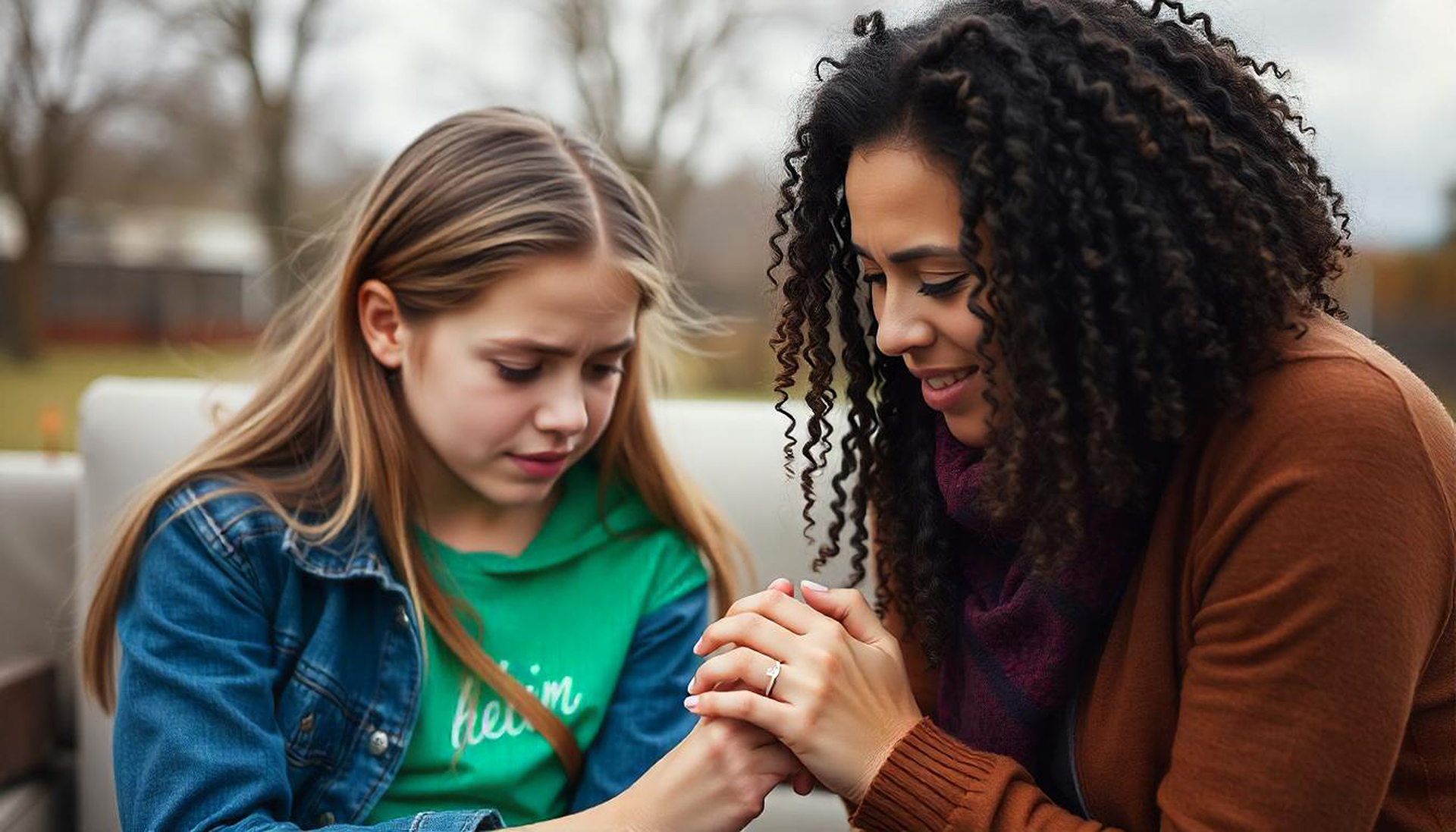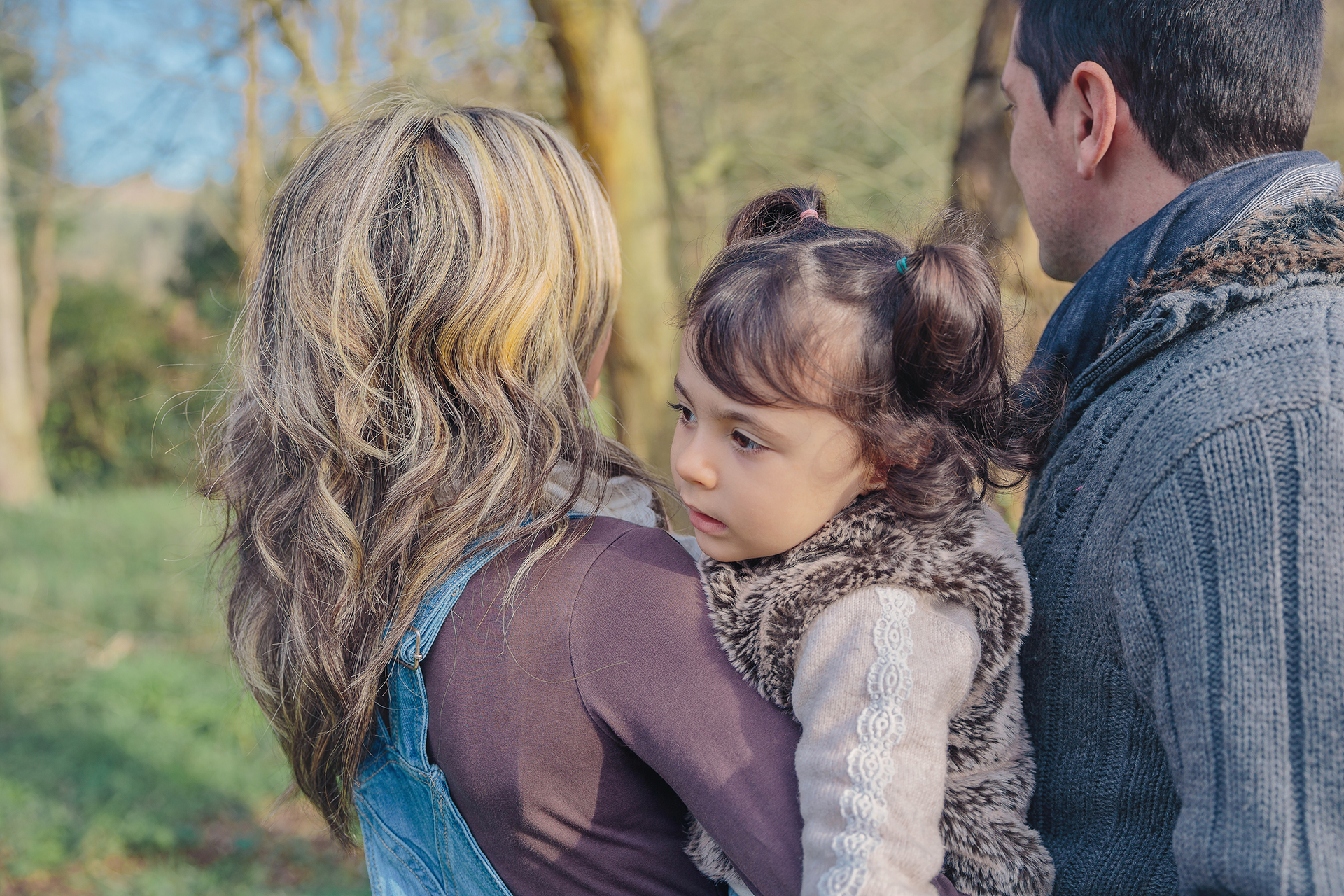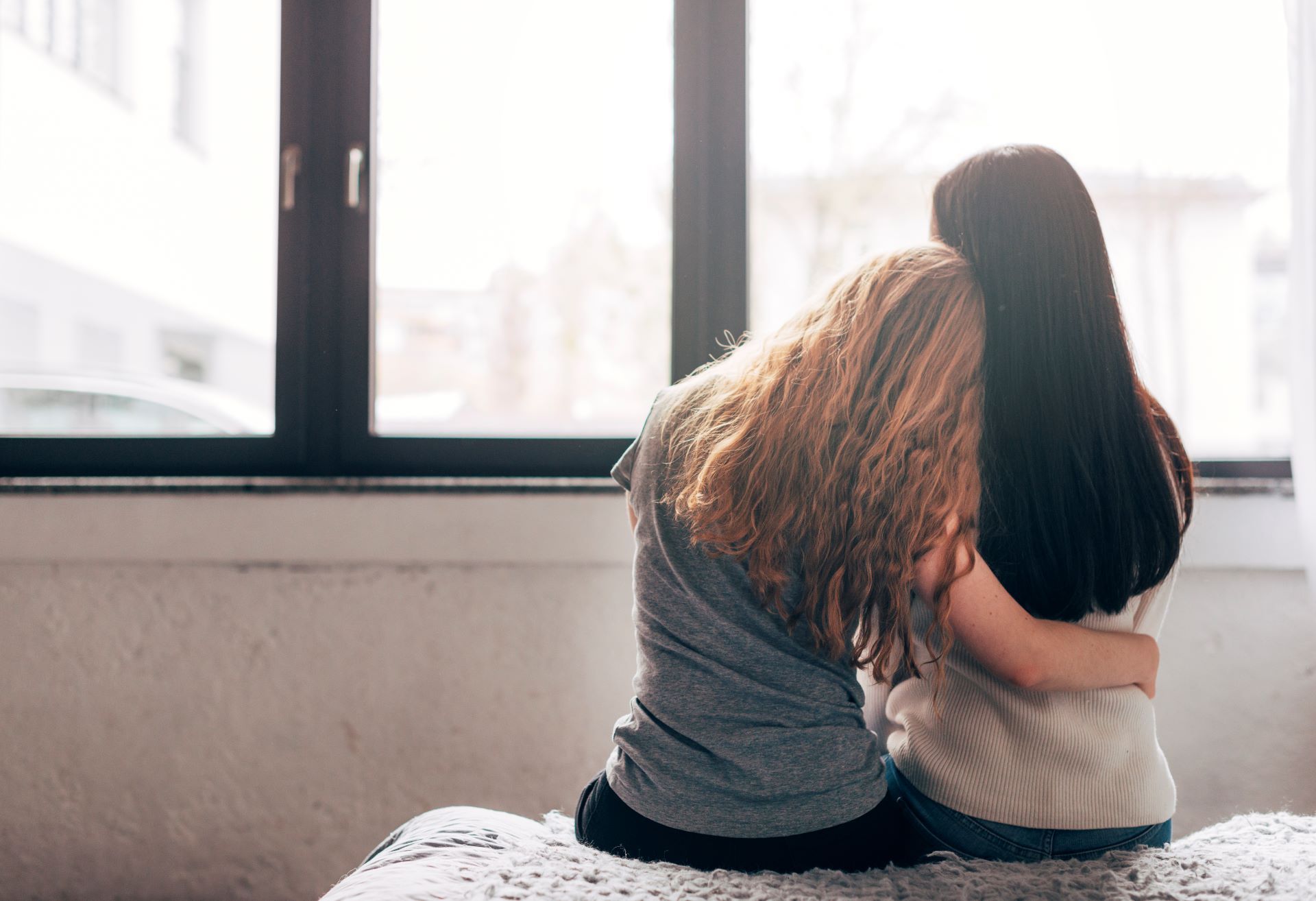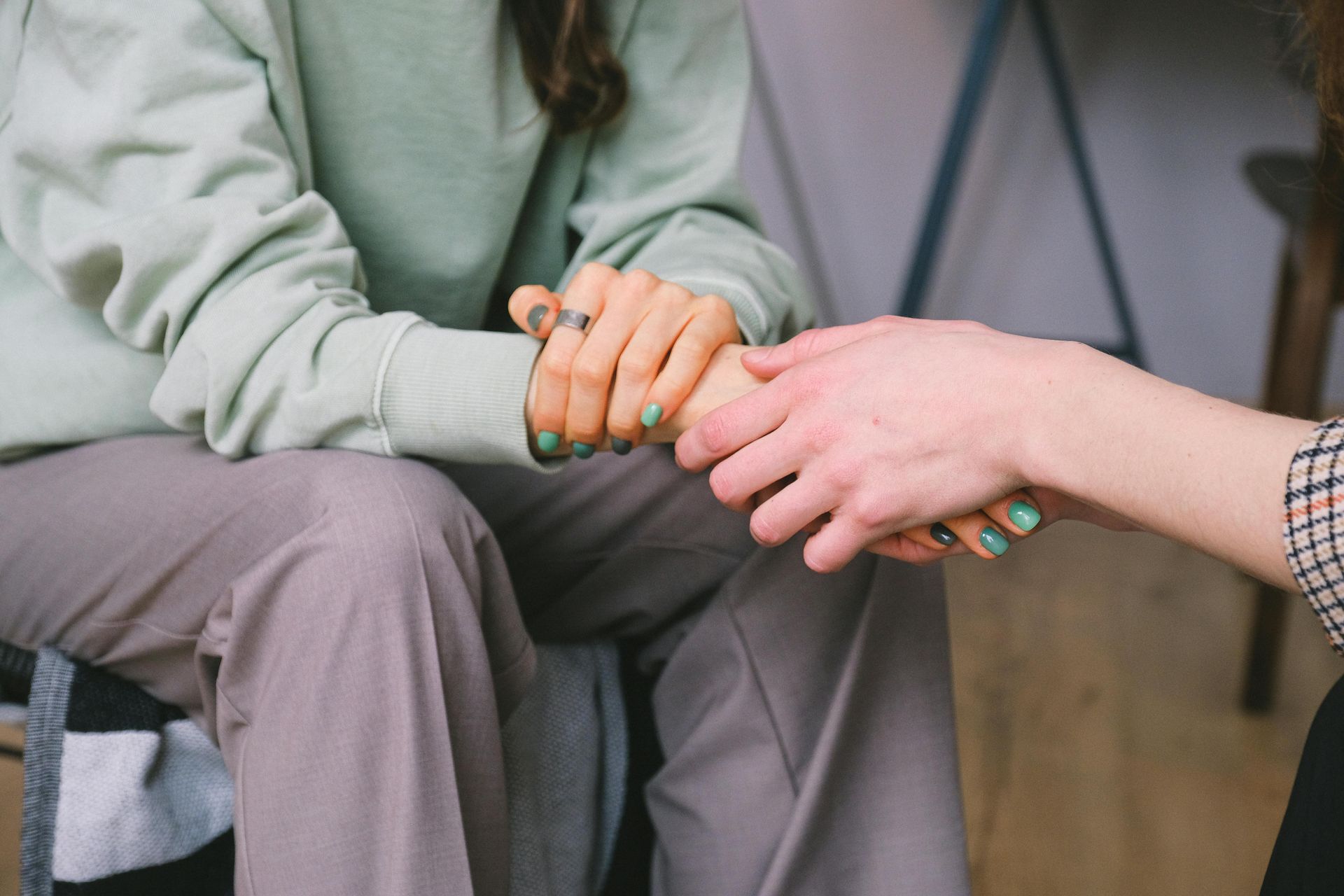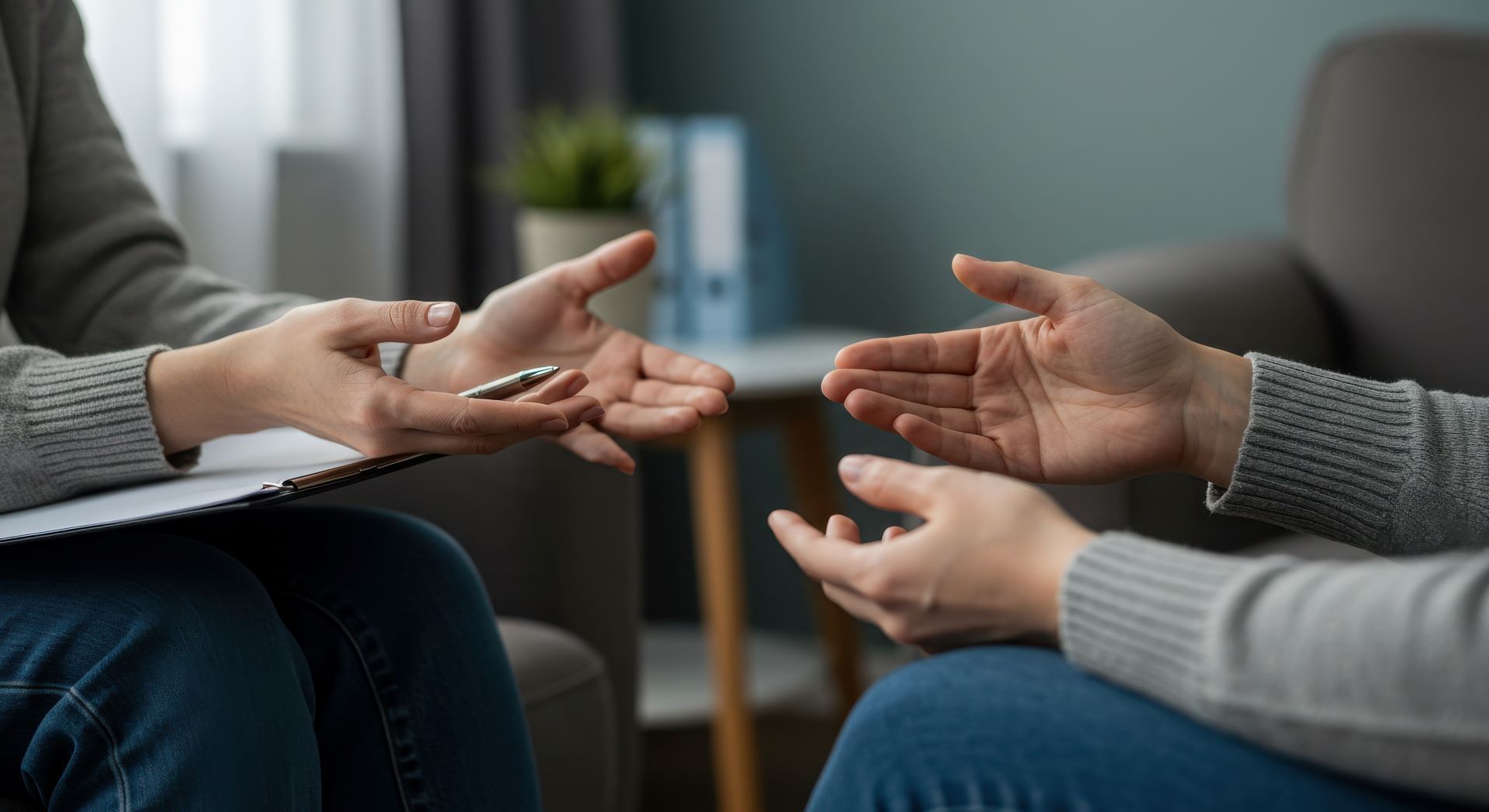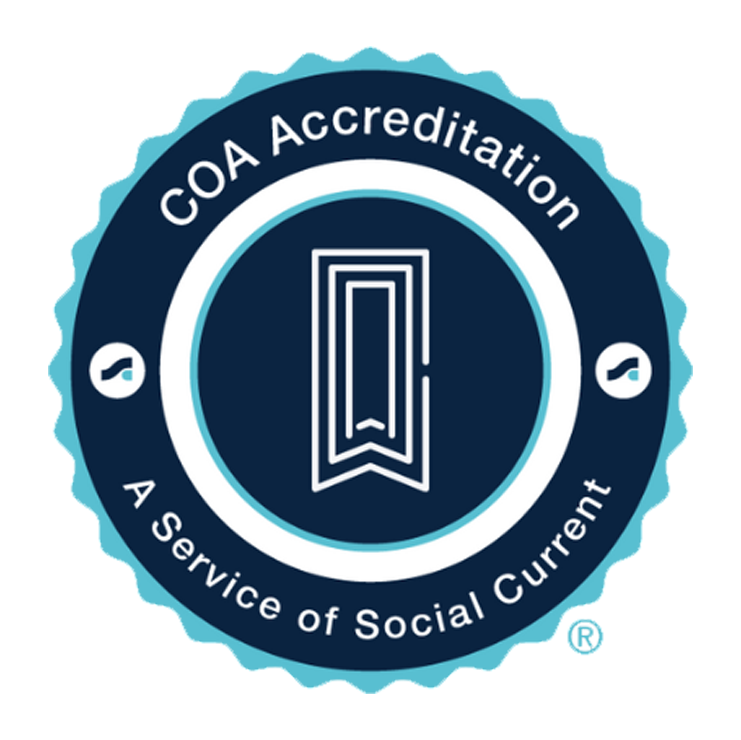If you're considering adoption or have already placed your child you may carry a heavy question in your heart: Will my child hate me for giving them up? This fear is deeply human and incredibly common. As a birthmother, your love and sacrifice are real, but so is the uncertainty about how your child will view your decision.
In this article, we’ll unpack this fear with compassion and facts. We’ll explore how children process adoption, what affects long-term relationships, and how birthmothers can find peace and healing even with the unknowns.
Why This Fear Is So Common
The thought of your child feeling anger or rejection toward you can be gut-wrenching. Many birthmothers wrestle with guilt, grief, and the emotional weight of wondering how their child will feel in the years to come. These fears are valid, and you're not alone in having them.
The root of this fear often lies in love. You want your child to feel safe, wanted, and whole even if you couldn’t raise them yourself. But adoption often comes with silence, uncertainty, or a lack of reassurance, especially in closed or semi-open adoptions.
The societal stigma surrounding adoption can also add pressure. There’s a belief that adopted children grow up feeling abandoned and this can haunt a birth parent’s heart. The truth is more nuanced, and each adoption story is different.
What the Research Really Says
While every child processes adoption in their own way, studies show that most adopted children do not “hate” their birth parents. In fact, many express curiosity, gratitude, or compassion when they learn more about the reasons behind their adoption.
Research published in the Journal of Family Psychology found that adopted children, especially those in open or semi-open adoptions, often feel more secure when they understand their birthmother’s motivations. In these cases, they tend to recognize the complexity of the decision and don’t view it as rejection.
Many adult adoptees say they struggled with questions growing up, but open communication and access to their adoption story helped them form a more empathetic view. When birthmothers share their story whether directly or through a letter, it creates space for understanding rather than resentment.
Even adoptees who experience confusion or anger often grow into a more nuanced perspective over time. Emotions can shift dramatically from childhood to adulthood, especially when people have space to learn and heal.
What Birthmothers Often Experience
If you’ve placed a child for adoption, it’s normal to carry fears of being misunderstood or resented. Some birth moms describe feeling like they’ve “disappeared” from the child’s life or like their love will never be recognized. Others live with the ache of not knowing how their child is doing or how they’ll be remembered.
Many birthmothers also struggle with long-term grief and guilt. These emotions may resurface around birthdays, holidays, or milestones. Some worry that their child will grow up believing they weren’t wanted when in reality, adoption was an act of immense love.
The emotional journey can be long and complicated, but it’s not static. Healing is possible, especially with support, community, and the chance to build a relationship with your child when appropriate.
How Children Understand Adoption at Different Ages
Children process adoption differently depending on their developmental stage. It’s helpful to know what to expect and what’s out of your control.
- Young Children (ages 3–7): Kids at this age often view adoption in simple, concrete terms. They may not fully understand why they were placed, but with nurturing guidance, they often accept it as part of their life story.
- Pre-teens (ages 8–12): This is often when deeper questions begin. Children may become curious or confused about their birth parents and why adoption happened. Emotions like sadness or anger may surface but these are part of identity development, not necessarily resentment.
- Teenagers: Teens may wrestle with feelings of abandonment, loyalty, or belonging. These years can be emotionally turbulent, but open communication helps. Adoptive families who encourage exploration and honesty tend to see stronger outcomes.
- Adulthood: As adopted individuals grow up, their understanding of adoption tends to mature. Many develop empathy for their birthmother’s decision, even if they had hard feelings earlier in life.
Being honest and available, even from a distance, can offer reassurance that your love was always present.
What Helps Build a Positive Long-Term Relationship
While you can’t control how your child feels or what life circumstances shape them, there are steps that can nurture connection and understanding:
1. Write a letter to your child.
Even if you can’t communicate directly, leaving behind a letter that explains your decision with honesty and love can mean everything to a child later in life.
2. Choose an agency that supports open or semi-open adoption.
Ongoing contact, even in small ways, can reduce misunderstandings and help your child feel secure in their identity.
3. Get emotional support.
Birthmother support groups, counseling, or post-placement programs can help you process your grief and better prepare for possible reunions or questions down the road.
4. Trust your love.
Your choice came from a place of care. Even if your child struggles with the decision at times, your love can still come through in the long run.
Stories from Birthmothers and Adoptees
Real stories often bring hope. One birthmother shared how her child, now an adult, reached out with a message: “Thank you for loving me enough to give me the life you couldn’t.” That birthmother had spent 18 years wondering if she’d be hated. Instead, she was met with grace.
Another adoptee, raised in an open adoption, wrote a letter to her birth mom at age 22. “I always knew you loved me. It was hard sometimes, but I never doubted your heart.”
These stories don’t erase the pain but they prove that love and understanding can grow over time.
What If You Never Know How Your Child Feels?
Not every birthmother gets closure. In some cases, the adoption remains closed, or the child may choose not to reach out. This doesn’t mean your decision was wrong, or that you’re unloved.
If you live with that uncertainty, finding healing within yourself becomes essential. Journaling, speaking with a counselor, or connecting with other birth moms can help you process these emotions in healthy ways.
There is peace to be found in knowing that you made the most loving decision possible in a moment of crisis. That act of courage and care is something to be proud of even when questions remain unanswered.
Healing Is Possible, Even with Uncertainty
It’s okay to be afraid. It’s okay to wonder. But remember this: your child’s feelings, no matter how they evolve, are not a reflection of your worth.
Adoption is not abandonment. It’s a decision made in love, often under incredibly difficult circumstances. And while the emotional aftermath is real, so is the possibility of connection, understanding, and healing over time.
Whether or not you ever hear the words “thank you,” know that your love mattered and still does.
Conclusion: You Are Not Alone
If you're lying awake wondering, Will my child hate me for adoption?
know this: you're not alone in that question, and you're not alone on this journey.
Many birthmothers have walked this path and found healing, connection, and even joyful reunions. Others have found peace even without knowing how their child feels. Wherever your journey takes you, your love and your story deserve compassion.
At CFK, we walk alongside birthmothers every step of the way. Whether you’re exploring adoption or already placed your child, our licensed counselors are here to support you with honesty, empathy, and lifelong care.
Call or text CFK: (330) 294-9811
Contact us at options@cfkadopt.org
Will My Child Hate Me for Choosing Adoption?
Recent Posts


